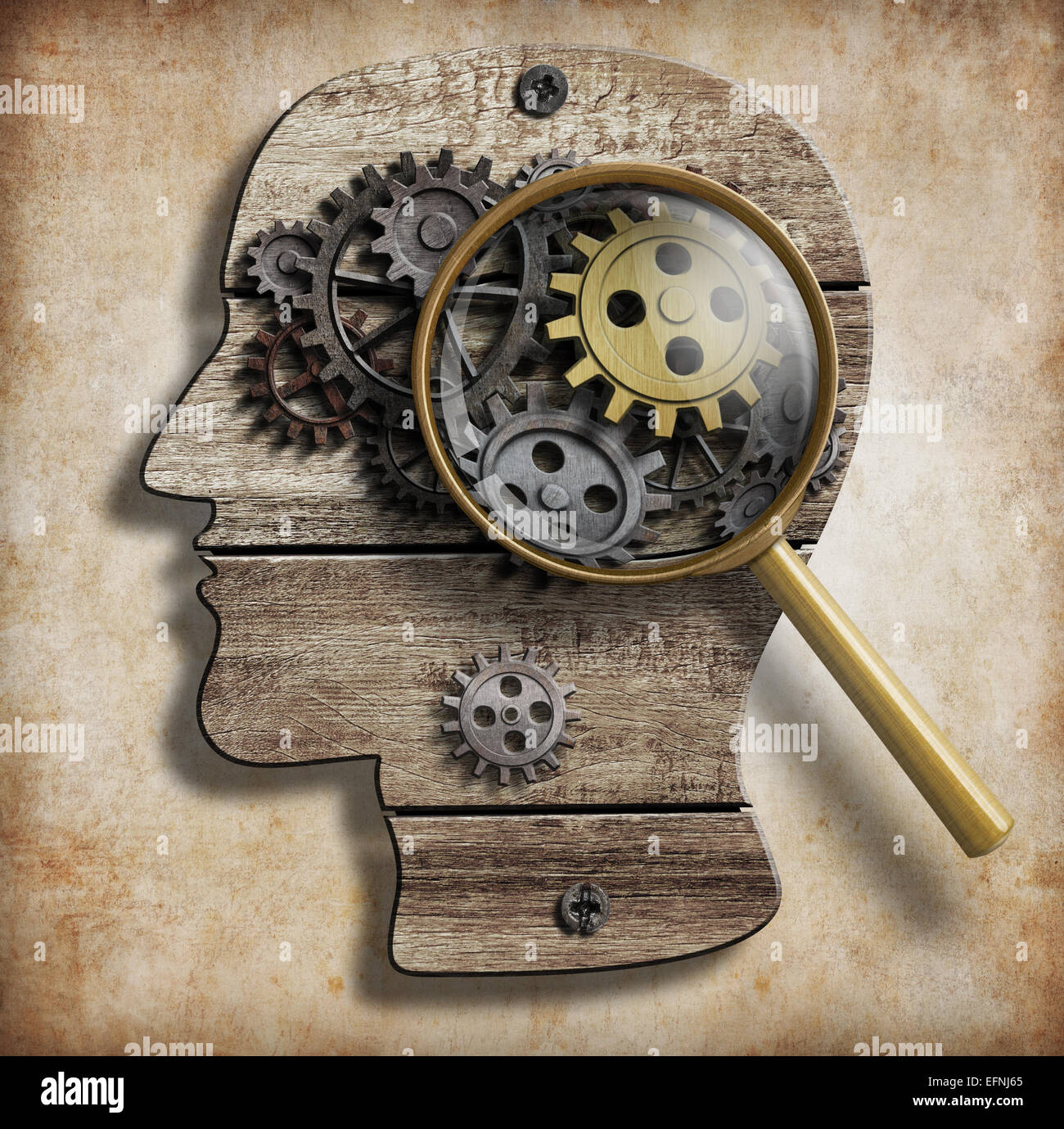Have you ever wondered what your favorite game says about who you really are? What if the games you love could reveal your deepest traits, your hidden strengths and even how you handle life’s challenges? From the football pitches of Nairobi to quiet living rooms playing chess or Scrabble, the games we play are more than just entertainment. They are reflections of our minds,mirrors showing how we think, how we handle pressure, and how we navigate the world. Every goal scored, card played or piece moved tells a story about us.
Why Our Game Choices Matter
Psychologists have long suggested that play is a form of self-expression. According to Dr. Stuart Brown, founder of the National Institute for Play, how we play is closely tied to our emotional intelligence, creativity, and coping mechanisms. Play isn’t just a childhood pastime; it is a window into adult behavior too.
When you choose football over chess, or Scrabble over table tennis, you’re revealing what motivates you. Are you drawn to teamwork and adrenaline or to strategy and introspection? Do you crave structure or do you thrive in unpredictability? The games you return to, time and again, say something profound about the way your brain is wired.
The Sports Persona: Thrill, Power, and Belonging
Outdoor sports like football, basketball and athletics attract individuals who value energy, teamwork and recognition. Psychologists at the University of Illinois found that people who participate in team sports often score higher in social intelligence and resilience. They are comfortable in group dynamics and tend to link personal success to collective achievement.
Think of a football match. It is chaos and strategy intertwined. It requires constant adaptation, anticipation, and emotional regulation. Those who love it tend to have high energy levels and thrive under external motivation. They are goal-oriented, competitive, and usually find identity in belonging. For them, play is a stage to express leadership and courage.
In Kenya, the local love for football reflects a broader cultural craving for unity and expression. Whether it is Gor Mahia fans chanting at Kasarani or kids playing barefoot in dusty estates, the game becomes a symbol of shared hope, identity, and release.
The Indoor Strategist: Calm, Control, and Intellect
Indoor games like chess, Scrabble, and pool attract a different kind of personality. One that seeks mastery, patience and control. These players enjoy structure and predictability, often using the game as a safe space to experiment with power and logic.
According to a 2022 study in the Journal of Personality and Social Psychology, people who prefer analytical games score higher in conscientiousness and openness to experience. They are thinkers, planners and observers. Unlike team-sport enthusiasts, they are not always motivated by winning; they find satisfaction in problem-solving, precision and understanding systems.
A chess player, for instance, doesn’t just move pieces. They visualize the future, anticipate human behavior and learn to manage uncertainty. In a world that often feels chaotic, these games offer a sense of control.
Case Study: Daniel, the Chess-Playing Striker
Daniel, a 24-year-old university student in Nairobi, perfectly represents the intersection between physical sport and mental play. He spends his weekends playing football but turns to chess on quiet evenings. At first, these two sides of him seemed contradictory. One loud and competitive, the other silent and strategic. But psychology reveals they are complementary.
When interviewed for a local campus study on sports and mental health, Daniel explained that football helps him release tension and connect with people, while chess trains his patience and foresight. According to sports psychologist Dr. James Mwangi, such duality is common. “People who balance physical and cognitive games often exhibit higher adaptability. They know when to act and when to think.”
Daniel’s mix of play styles reflects emotional maturity—the ability to switch between aggression and calmness, risk and reason.
How Culture Shapes the Games We Love
Our cultural background often determines what we call “fun.” In Kenya, sports like football, rugby, and athletics dominate because they are accessible, communal, and emotionally charged. They echo collective values of energy, pride, and resilience. Indoor games, though quieter, are gaining ground in urban spaces where intellectual competition and individuality are increasingly valued.
According to a report by Chatham House, the evolution of leisure in African cities reflects a growing blend of tradition and modernity. The shift from outdoor-only games to board and digital games suggests a psychological transformation. A generation balancing physical expression with introspective play.
What Our Games Say About Us
Whether you chase the ball, the cue, or the checkmate, you are revealing something essential about yourself. Sports lovers are often extroverted, expressive, and emotionally responsive. Indoor gamers tend to value strategy, control, and self-discipline. But the truth lies not in one or the other,it is in the balance.
The best players, in life and in play, are those who know when to charge forward and when to pause, when to compete and when to think.
Why It Matters
Understanding the psychology of play helps us recognize that the games we choose are more than hobbies. They are personal statements. They mirror our emotional needs, our coping habits and our leadership styles. When we play, we are, in essence, revealing who we are without trying.
So, the next time you pick up a ball, shuffle a deck, or line up a chessboard, remember: you are not just playing. You are telling your story. One move, one point, one play at a time.



